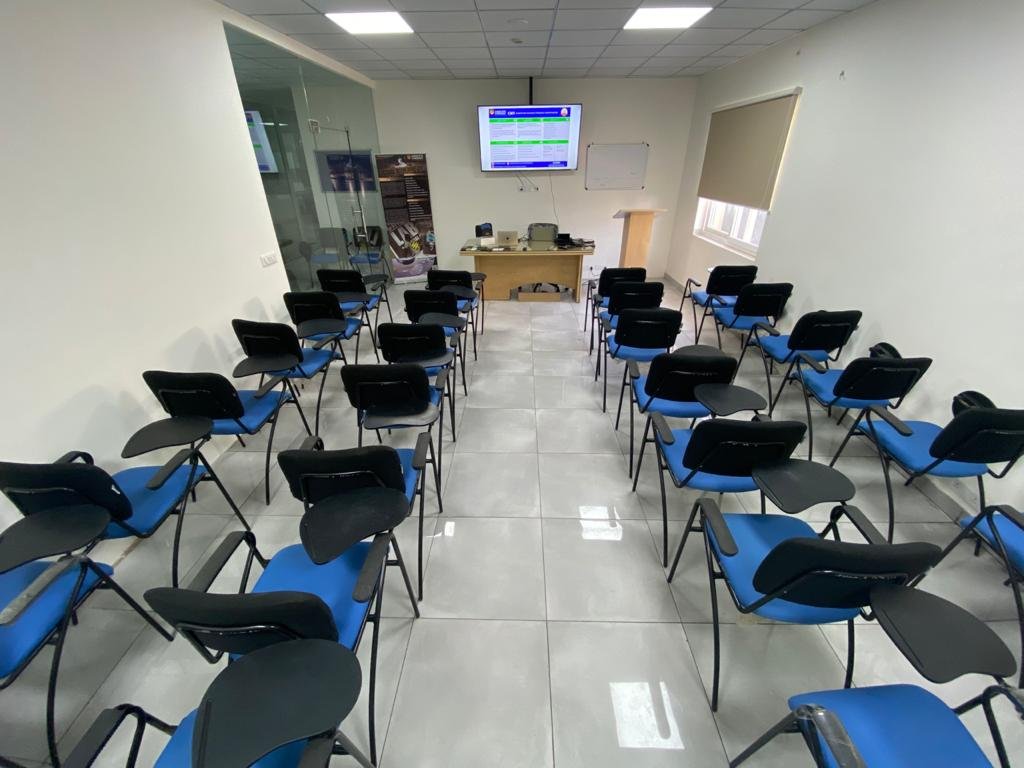HEF Certified Computer Forensic Examiner (HEF-CCFE)
Training June 16, 2025my_locationHawk Eye Forensic Noida

Details
| Date | June 16, 2025 H 12:00 |
|---|---|
| End | August 16, 2025 H 02:00 |
| Location | Hawk Eye Forensic Noida |
| Address | C 38 Second Floor, Sector 65 Noida |
| Link | https://forms.gle/cLW3S2AdBTXMB5ZV7 |
| Phone | +91 92894 59589, +91 97188 88589 |
Add to Google Calendar
Click here to add this event to your google calendar
About the event
Training Program Overview:
The HEF Certified Computer Forensic Examiner (HEF-CCFE) Training is a specialized and comprehensive program designed to equip professionals with the necessary skills and expertise to excel in the field of computer forensics. Recognized globally, this training program provides participants with the knowledge and capabilities required to conduct effective digital investigations, analyze digital evidence, and support legal cases.
The primary goal of the HEF-CCFE Training is to empower individuals to become proficient computer forensic examiners. Participants are trained to conduct thorough investigations, gather and preserve digital evidence, and adhere to legal and ethical standards.
Prerequisites:
Basic knowledge of computers
Basic knowledge of forensics and related crimes
Training Highlights:
- Introduction of Computer Forensics
- Career Guidance in Digital Forensic
- Computer Forensic in Today’s World
- Types of Computer-based Investigations
- Forensic Analysis Process
- Acquisition of Evidence
- Computer Systems
- Computer Investigation Process
- Windows Artefact Analysis
- Linux Artefact Analysis
- Mac Artefacts Analysis
- Defecting Anti-Forensic Techniques
- RAM Memory Forensic Analysis
- Email Forensics: Investigation Technique
- Internet artefacts
- Online Investigations
- Networking Basics
- Report Writing
- Expert Witness Ethics
Benefits with us:
- Learn at a Highly Equipped Forensic Lab with many licensed tools under one roof
- We have CHFI Certified Trainer along with CEI Certified EC COUNCIL INSTRUCTOR
- Career Guidance from start to finish from certified industry professionals.
- Live exposure with ongoing cases.
- We provide hands on practical training on industrial tools which is used by Law Enforcement agency and private firms such as
- FARADAY BAG/RF SHIELD
- WRITE BLOCKER
- TABLEAU TX1
- FTK IMAGER
- ENCASE FORENSIC
- CELLEBRITE UFED
- MSAB XRY
- OPENTEXT
- MAGNET AXIOM
- OS FORENSIC
- MOBILEDIT FORENSIC EXPRESS PRO
Click here to Download Application Form
Copyright 2025 all rights reserved by Hawk Eye Forensic.






